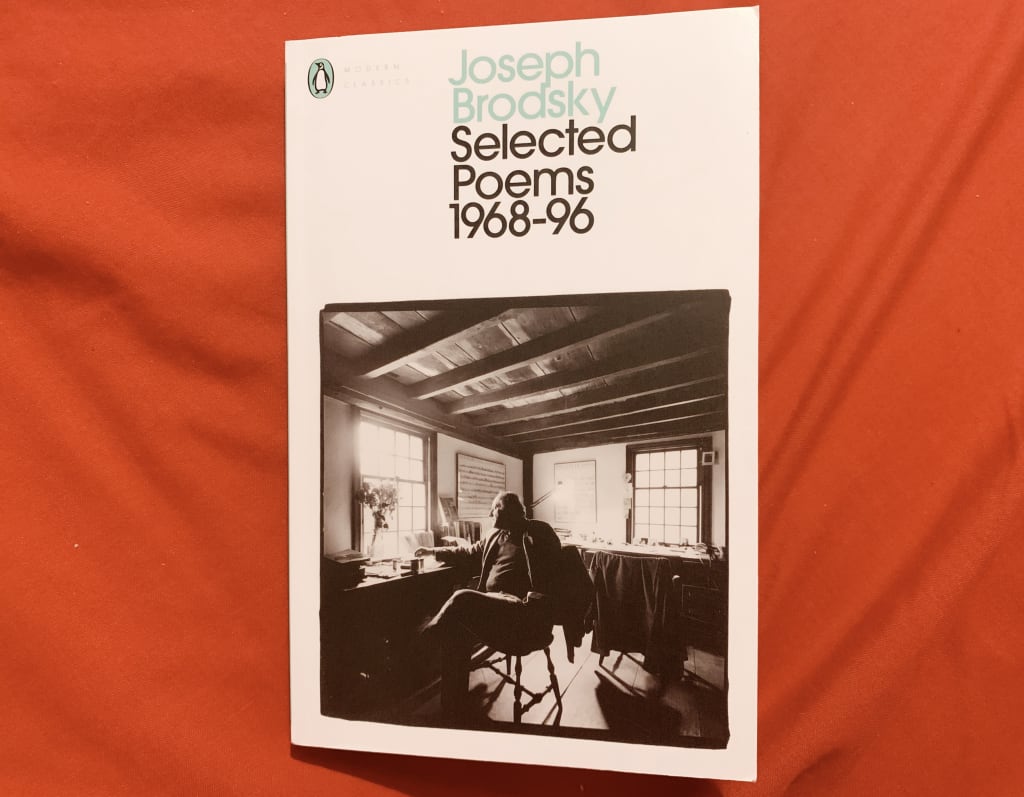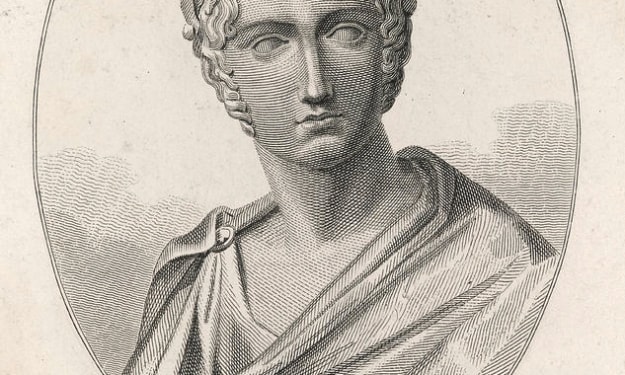Book Review: "Selected Poems" by Joseph Brodsky
5/5 - Existence seeks a wilderness romance with the exiled poet

Joseph Brodsky’s poetry is an imaginative, beautiful piece of work about the way in which we can see magic and style, fluency and control flow through Russian Poetry even after the likes of Anna Akhmatova, Leo Tolstoy etc. are no longer around. Brodsky takes concepts such as love and war and interweaves them into the symbols of darkness, nature and many more symbols of emotions to do with death and loss. Brodsky’s poetry is a powerful blend of melancholy and hope, grief and regaining, timelessness and patience. It is simply beautiful to read and is that poetry that you have to read out loud or it just does not have the same ring to it.
One of my personal favourite poems in the collection is an odd one. Usually, there is a strict rhyme scheme, a narrative, a sight of some kind and the way emotions intertwine with each other becomes more apparent through the story. But in this poem, entitled “The Polar Explorer”, we get images of the strange and the grotesque which I think are very important as markers pointing us through Brodsky’s years in exile from the Soviet Union that began in 1972. Here’s the poem in it’s glory:
“All the huskies are eaten. There is no space
left in the diary, And the beads of quick
words scatter over his spouse's sepia-shaded face
adding the date in question like a mole to her lovely cheek.
Next, the snapshot of his sister. He doesn't spare his kin:
what's been reached is the highest possible latitude!
And, like the silk stocking of a burlesque half-nude
queen, it climbs up his thigh: gangrene.”
Here we have the progressing image of death that is used in so many of Brodsky’s poems but I think that in this one, it is really prominent because of how it relates these three characters to each other. It is a brilliant poem in which we see the grotesque take place as something described as beautiful but we know, is deadly.
Being born in Leningrad in 1940, Joseph Brodsky is possibly one of the forerunners of Modern Russian Literature as has had a major influence on to the way we view Russian Literature in the post-Golden Age of Leo Tolstoy and Fyodor Dostoevsky.
Death is quite a prominent theme throughout every Russian Literature era though I do think that Akhmatova and Brodsky brought it into the next century and next era. The overwhelming darkness in some of the poetry by Brodsky is absolutely encapsulating and the way in which death is explored as either approaching, there at that specific time or it has already gone and now is being reflected upon. Brodsky’s writing on death, I believe, is some of his best writing. Just have a look at this passage from the poem “Six Years Later” in which death is an eternal thing:
“So long had life together been that she
and I, with our joint shadows, had composed
a double door, a door which, even if we
were lost in work or sleep, was always closed:
somehow its halves were split and we went right
through them into the future, into night.”
All in all, Brodsky’s poetry is one of those things you should read if you want to study the writing of symbolism in Modern Russian Literature. I had actually been putting this off for a long time because of the fact I wanted to read about Anna Akhmatova first because of the order. When you read Anna Akhmatova’s poetry and Joseph Brodsky’s poetry, you will realise something: the both of them have a certainty to them that these things will not last and whatever problems they are having within life cannot follow them to the next.
If problems are fleeting and life is about conquering problems, this ironically gives us one big problem of life - what does it mean and does it mean anything important at all? Are we all just living through a time in history and, throughout history, there are heroes and tyrants. So, if we are all living through one moment in history, a tiny slither of human existence, history is doomed to repeat itself, are we doomed to repeat our lives in the same or similar political situations? If so, when? If so, how? Is death eternal and if it is, what is it that is so inviting in these poems?
About the Creator
Annie Kapur
200K+ Reads on Vocal.
English Lecturer
🎓Literature & Writing (B.A)
🎓Film & Writing (M.A)
🎓Secondary English Education (PgDipEd) (QTS)
📍Birmingham, UK






Comments
There are no comments for this story
Be the first to respond and start the conversation.